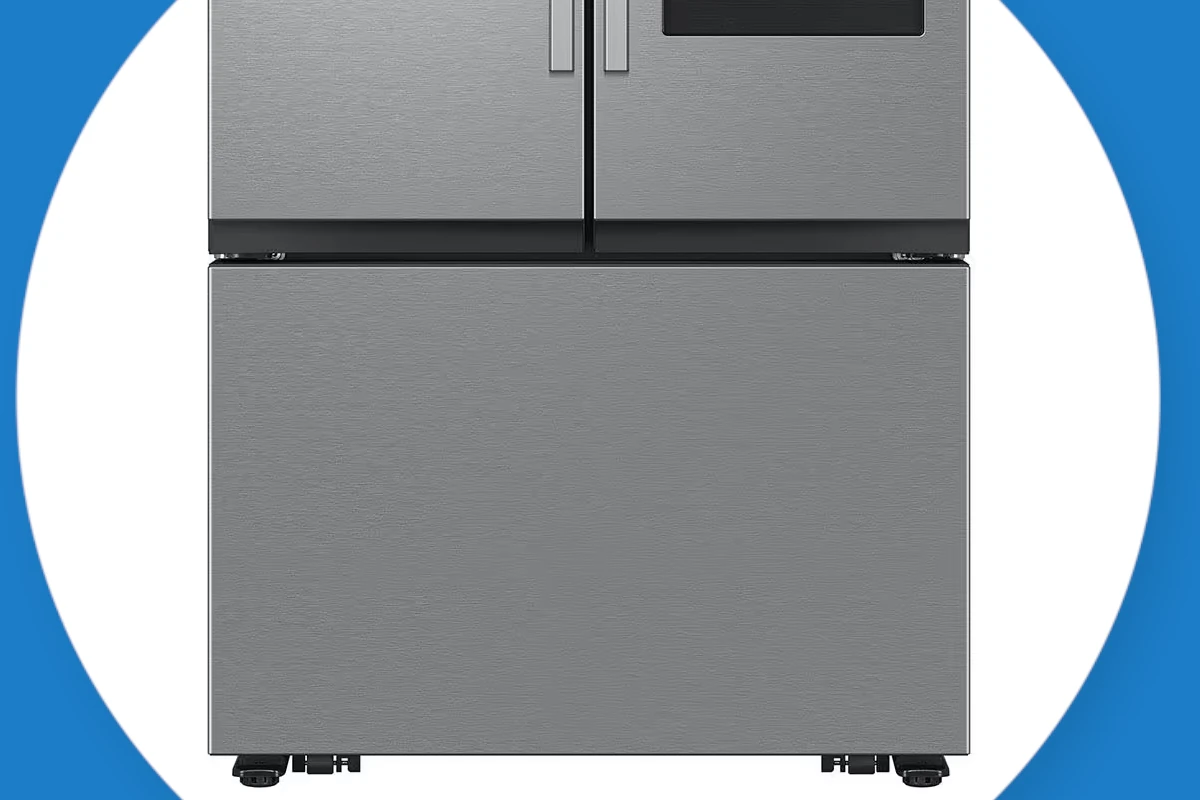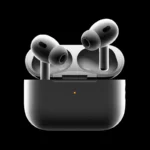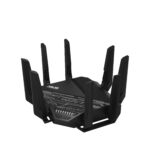A clicking freezer can be a homeowner’s nightmare, potentially signaling costly repairs or food spoilage. Understanding the common causes of this issue can help you troubleshoot the problem and decide whether a DIY fix is possible or if professional help is needed.
This guide explores the various components that can cause clicking sounds in a freezer, from the compressor to the defrost timer. We’ll provide step-by-step troubleshooting tips and advice on when to call an appliance repair technician.
By addressing the issue promptly and performing regular maintenance, you can extend the life of your freezer and avoid unexpected breakdowns.
Troubleshooting a Clicking Freezer
A clicking sound coming from your freezer can be alarming. It often signals a problem with one of the key components. Let’s explore some common causes and how to address them.
Possible Causes and Solutions
- The Compressor: This is the heart of your freezer. It circulates refrigerant to keep things cold. If the compressor is failing, it may click as it tries to start. This is a serious issue that usually requires a professional repair or replacement.
- The Condenser Fan Motor: This fan cools the condenser coils. If it’s not working properly, the compressor may overheat and shut down. You might hear a clicking sound as the motor struggles to run. Check for obstructions around the fan and ensure it spins freely. If it’s damaged, you’ll likely need a replacement.
- The Evaporator Fan Motor: This fan circulates cold air within the freezer. A faulty motor can cause clicking noises. Like the condenser fan, check for any obstructions and ensure it spins freely.
- The Defrost Timer: This timer controls the defrost cycle in your freezer. A faulty timer can cause the defrost heater to stay on, potentially overheating the compressor and causing it to click. You might need to test the timer with a multimeter or replace it.
- The Start Relay: This small device helps the compressor start up. A faulty relay can cause clicking sounds as the compressor tries to start but fails. You can usually find the relay near the compressor. It might be a small black box. A visual inspection might reveal burn marks or other signs of damage. Replacement is usually the solution for a faulty relay.
- Temperature Control Thermostat: This thermostat regulates the temperature in the freezer. A malfunctioning thermostat can cause the compressor to cycle on and off too frequently, leading to clicking sounds. You might need to test it with a multimeter or replace it.

Troubleshooting Tips
- Check the power supply: Make sure the freezer is plugged in properly and the outlet is working.
- Inspect the wiring: Look for any loose or damaged wires.
- Clean the condenser coils: Dust and debris can cause the compressor to overheat.
When to Call a Professional
If you’ve tried these troubleshooting steps and the clicking persists, it’s best to call a qualified appliance repair technician. They have the expertise and tools to diagnose and fix the problem safely.
Important Note
Working with electrical appliances can be dangerous. Always disconnect the power to the freezer before attempting any repairs. If you’re unsure about any step, it’s best to seek professional help.

Maintaining Your Freezer
Regular maintenance can help prevent future problems. Here are a few tips:
- Clean the condenser coils regularly.
- Check the door seals for a tight fit.
- Don’t overfill the freezer.
- Keep the freezer at the recommended temperature.
The Refrigerator’s Heart: Understanding Compressor Function
The refrigerator compressor plays a vital role in keeping food cold. It pumps refrigerant through the system, absorbing heat from inside and releasing it outside. This process maintains the desired temperature.
A well-functioning compressor is key to refrigerator performance. When issues arise, clicking sounds may indicate problems. Regular maintenance helps ensure smooth operation and energy efficiency.
Compressor’s Role in Cooling Systems
The compressor is a key part of refrigeration systems. It pumps coolant through the system to remove heat. A working compressor keeps food cold and fresh. Bad compressors can cause warm spots or total failure.
Compressors affect energy use too. Faulty ones make fridges work harder. This ups power bills. Good compressors run smoothly and save money.
Regular checks help spot issues early. This prevents food spoilage and costly repairs.
Why Refrigerators and Freezers Make Clicking Sounds
Compressor Problems
A worn-out compressor often causes clicking noises in refrigerators and freezers. When the compressor struggles to start, it may repeatedly click. This issue typically occurs when the compressor overheats or nears the end of its lifespan.
Relay Malfunctions
The start relay connects the compressor to the power supply. A faulty relay can prevent the compressor from getting enough power. This leads to clicking sounds as the system tries to start. Checking the relay is a key step in diagnosing refrigerator issues.
Overworked Motors
Refrigerator motors under strain may produce unusual noises. Causes of motor stress include:
- Power surges
- Faulty components
- Excessive load
These factors can make the motor work harder than normal, resulting in clicking sounds.
Coolant Issues
Proper refrigerant flow is essential for cooling. Problems with refrigerant can cause compressor clicking:
- Leaks
- Blockages
- Incorrect pressure
When the cooling cycle is disrupted, the compressor may click as it attempts to maintain proper temperatures.
Pinpointing the Origin and Type of Freezer Clicks
Distinguishing Compressor Sounds from Other Parts
Freezers make various noises. The compressor often causes clicks, but other parts can too. The start relay and defrost timer may click. Knowing which part clicks helps fix the problem.
Click Timing and Regularity
Fast, repeated clicks might mean a bad start relay. Random clicks could be the compressor trying to start. The pattern of clicks gives clues about the issue.
- Fast clicks: Possible start relay problem
- Random clicks: Compressor may be struggling
Reduced Cooling Performance
Cold issues with clicking point to big problems. The compressor or another key part may not work right. Cooling inefficiencies often pair with odd noises.
Signs to watch:
- Warm freezer interior
- Food not freezing properly
- Ice cream getting soft
A clicking freezer fan blade can also cause cooling issues. Check the fan if you hear clicks near it.
Addressing Clicking Sounds in Your Freezer
When a freezer emits clicking noises, it often signals an underlying issue. To tackle this problem safely, first unplug the appliance. Touch the compressor carefully to check for heat or visible damage, as these can indicate the source of the noise.
A multimeter can test the start relay for proper function. Listen closely for hissing or bubbling sounds, which might point to refrigerant problems. If these steps don’t resolve the issue, consider these additional checks:
- Inspect the power cord for damage
- Test the wall outlet with another device
- Examine the control board for signs of malfunction
- Check wiring connections for looseness or corrosion
For complex issues or if uncertainty persists, contacting a professional repair service is advisable. They can perform advanced diagnostics, including pressure tests and thorough examinations of electrical components, to pinpoint and fix the problem efficiently.
Keeping Your Freezer Running Smoothly
Regular Upkeep
Clean condenser coils every six months. Check door seals for gaps. Ensure the freezer stays level. These steps prevent common issues and extend appliance life.
Smart Positioning
Place the freezer away from walls and tight spaces. Allow 2-3 inches of clearance on all sides. This improves air circulation and reduces strain on the motor. Good airflow helps the compressor run efficiently.
Avoid Overfilling
Don’t cram the freezer full. Overloading blocks air vents and makes the compressor work harder. This can lead to strange noises and cooling problems. Keep items organized and leave some space for cold air to flow freely.
Keeping Your Fridge in Top Shape
A refrigerator plays a key role in every home. Quick action on strange noises helps extend its life, prevents food waste, and keeps energy costs down. Regular checks and listening for odd sounds are simple yet effective ways to maintain your fridge.
- Clean coils twice a year
- Check door seals monthly
- Keep fridge 3/4 full for best efficiency
- Set proper temperature: 37°F (3°C) for fridge, 0°F (-18°C) for freezer
These steps can prevent common issues like strange noises or cooling problems. A well-maintained refrigerator serves families better and lasts longer.







